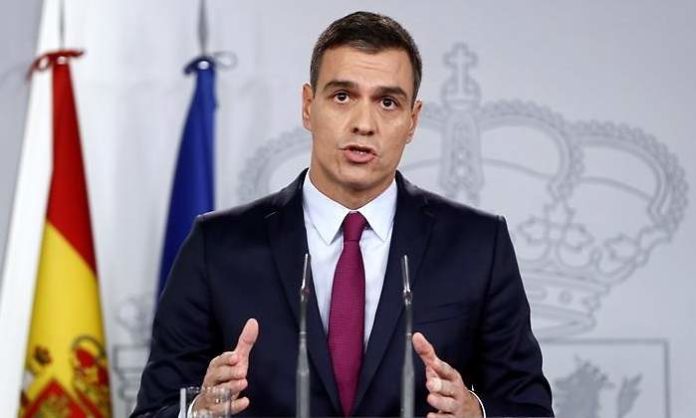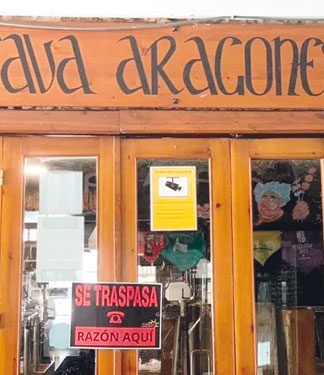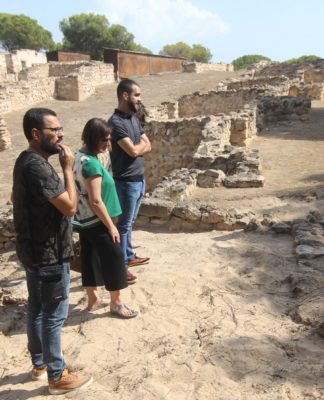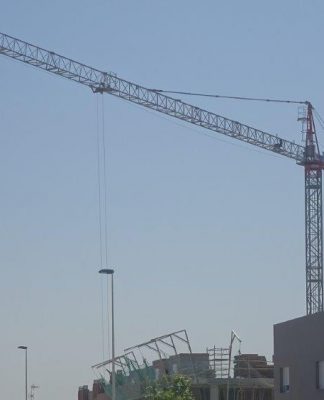Prime Minister Pedro Sanchez has announced the measures that will apply during the state of emergency in Spain, which were agreed in Cabinet today.
These will initially be in place for 15 days – and can then be extended by Parliament.
According to the Royal Decree signed today, people in Spain will only be able to leave their homes for these reasons – to buy food, medicines and items of basic necessity; to go to health centres and hospitals; to go to work; to return to their place of primary residence; to care for elderly and vulnerable people; to visit the bank; and in case of emergency.
They will have to travel alone, unless they have mobility problems or are vulnerable people.
All shops and outlets will have to close – and only supermarkets, chemists, petrol stations, newspaper shops, vets, hairdressers, opticians and telecommunications can remain open.
The emergency services will ensure that the measures are observed.
The decree guarantees the supply of basic products for supermarkets and pharmacies – and the state can bring in the army to ensure this.
Transport services ‘by land, sea and air’ will be reduced by between 40-70%.
It also reduces the frequency of public transport services.
The national government has assumed sweeping powers over Spain’s regions to run health, transport and other areas.
The ministry for health has leave to take over businesses and buildings which are needed to face up to the health crisis.

































I watched the Prime Minister’s hour long speech & questions session on Saturday. All in Spanish naturally, not my strongest language and I have to rely on sub-titles as well. Any chance of a translation of the whole speech? I got the impression that it was very comprehensive and well informed. The lack of side-kicks on which to pass the buck as in London was good, as was the lack of a media crowd being physically present yet able to ask questions by video link without having to be in the same room.